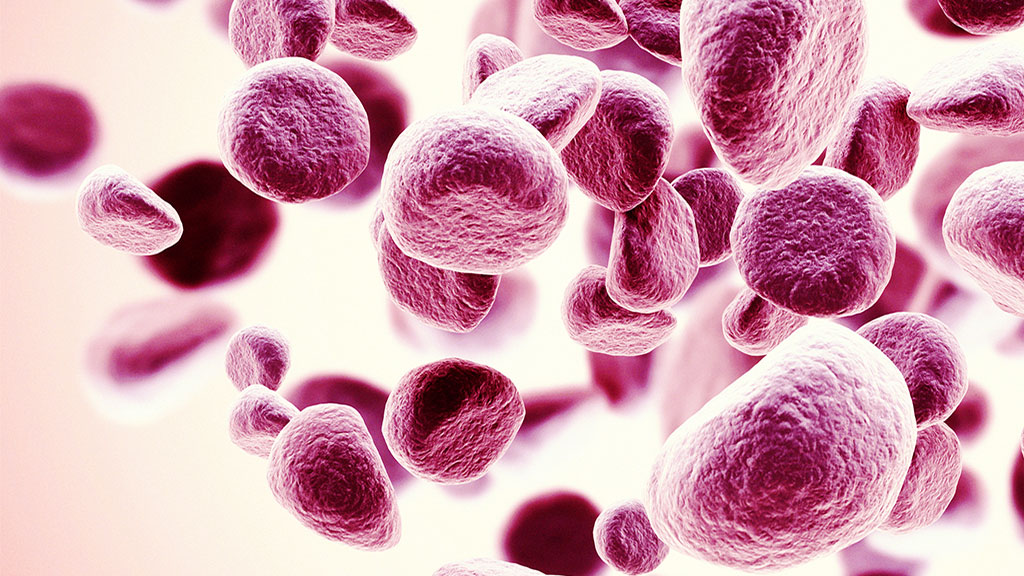FDA adcomm turns down FibroGen, AZ's roxadustat for CKD anaemia

Safety concerns seem to have scuppered any hope of a near-term approval for FibroGen and AstraZeneca's roxadustat for anaemia associated with chronic kidney disease (CKD) in the US, after FDA advisors voted comprehensively against the drug yesterday.
Just one of the 14-member panel thought that roxadustat should be approved for non-dialysis-dependent CKD patients, and only two felt that the data backed a go-ahead in the more seriously ill dialysis-dependent group.
Advisory committee members were mainly concerned about the safety profile of roxadustat, an oral HIF-PHI drug, including its potential to cause serious thromboembolic events which were flagged by the FDA in a briefing document published ahead of the meeting.
Roxadustat is intended as an oral alternative to injectable erythropoiesis-stimulating agents (ESAs), which are also known to raise the risk of clotting events and so aren't approved for non-dialysis-dependent CKD patients.
There was debate at the meeting about the safety data, including an imbalance in major adverse cardiac events (MACE) that favoured the control groups in both the non-dialysis-dependent and dialysis-dependent patient groups.
A change to the way these cardiovascular outcomes were recorded in trials injected a degree of uncertainty about the safety profile of the drug, and panellists were not swayed by FibroGen's plan to carry out a post-marketing study to examine safety more closely.
Possible approval in the non-dialysis-dependent group has been behind blockbuster sales predictions for roxadustat, with Clarivate Analytics previously saying that the drug could make around $2 billion in 2023, although that factored in a US approval covering all CKD patients with anaemia.
AZ and FibroGen – which have been working together on roxadustat since 2013 – said they were disappointed with the outcome but would work with the FDA on finding a way forward for the marketing application.
Roxadustat is already approved for both patient populations in China, Japan, Chile and South Korea, and was recently recommended for a similar approval in the EU, so the US is looking like an outlier with its stance on the drug. In Japan and some other markets it is sold by Astellas.
FibroGen has said it would carry out a 10,000 patient post-marketing study to see whether a lower dose of roxadustat would mitigate the risk of thrombosis and maintain the benefits on reducing anaemia in CKD.
The FDA doesn't always follow the advice of its advisors – as witnessed by the recent controversial approval of Alzheimer's drug Aduhelm – so it remains possible if unlikely that the regulator might approve the drug given the unmet need in CKD patients who aren't dialysis-dependent.
If there is a further delay to the programme, it could provide an opportunity for a rival drug in the HIF-PHI class – GlaxoSmithKline's daprodustat – to catch up with roxadustat in the US market. Phase 3 readouts for that drug are due later this year and in early 2022.
A third candidate – Akebia's vadadustat – suffered a setback last year when it failed a safety assessment in a phase 3 trial involving non-dialysis-dependent CKD patients with anaemia, specifically an increase in cardiovascular events.













